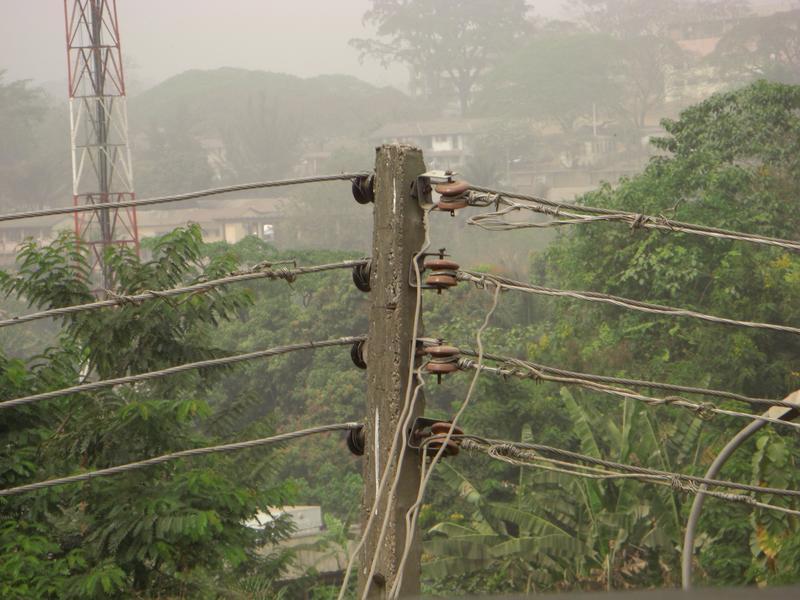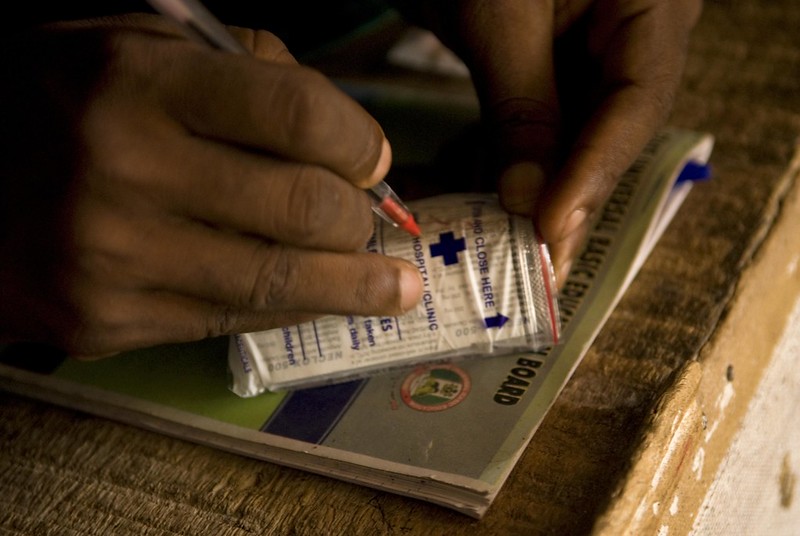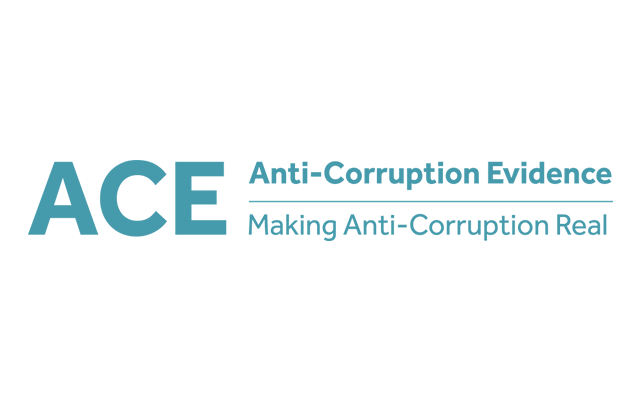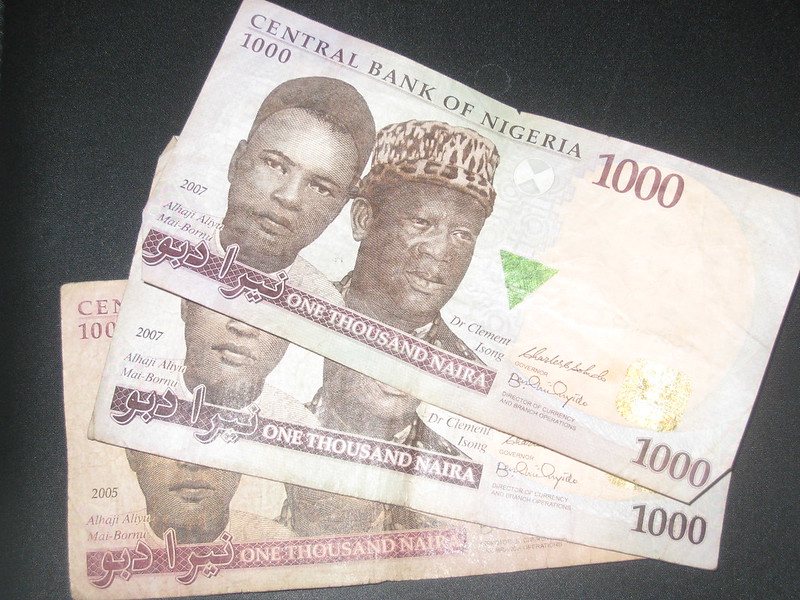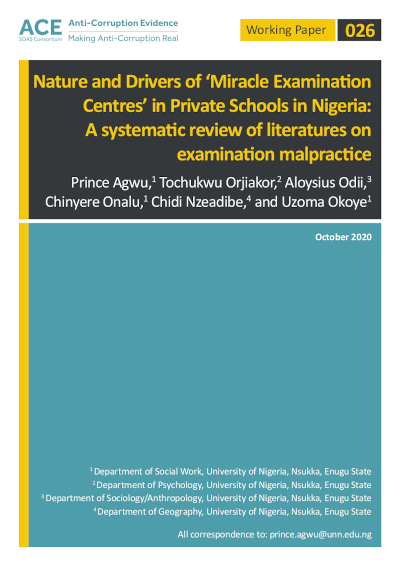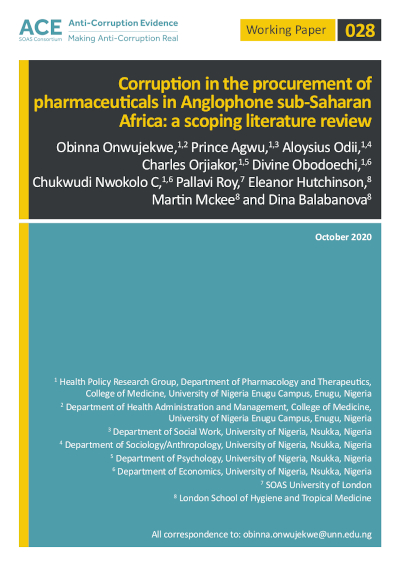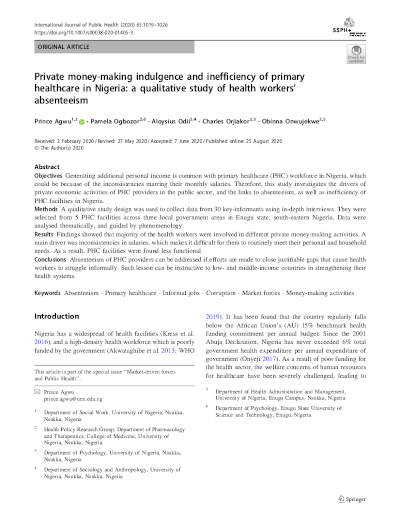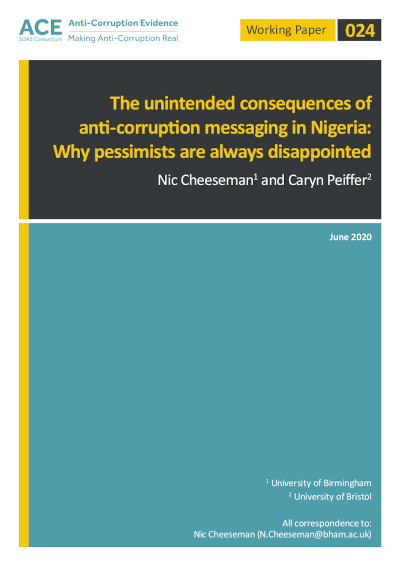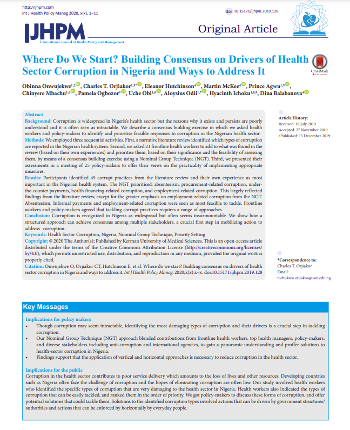
Nigeria
Nigeria is Africa’s largest economy and full of entrepreneurial activity, an often-neglected observation under the wave of adverse media reports on the country’s security situation. While there are high levels of corruption and violence in Nigeria – much of it linked to its oil-producing regions and the hydrocarbon economy – there are also significant opportunities for reform.
With oil prices volatile and plummeting, the need to move the economy away from oil and gas is viewed as pressing by domestic stakeholders. But although politics is seen as fierce and chaotic, it appears to be solidifying the institutional mechanisms of changing rule through elections and coalitions.
Nigeria hasn’t yet plunged into a constitutional crisis nor seen high levels of internecine violence, which at the turn of the century would have seemed possible. While the nature of instability is that conditions could go either way, the opportunities for political representation run deep in Nigerian politics and representatives are unlikely to trade these for a complete return to authoritarianism.
These changes in the political settlement will impact upon policy design and outcomes. ACE’s sectoral analysis points to feasible and high-impact opportunities in productive sectors that would help to tackle corruption, meaning that our incremental approach will adapt well to these changing dynamics. With our partners, we believe the pursuit of reforms at sectoral levels will lead to more broad-based positive developmental outcomes for the country.
Publications
Nigeria’s Economic and Financial Crimes Commission: necessary reforms for an effective anti-corruption agency
The Economic and Financial Crimes Commission (EFCC)was established in 2003 ...
Nature and drivers of ‘miracle examination centres’ in private schools in Nigeria: a systematic review of literatures on examination malpractice
The education sector is listed among the top-five most corrupt ...
Why efforts to fight corruption hurt democracy: Lessons from a survey experiment in Nigeria
Most anti-corruption programmes include an awareness-raising element, where significant resources are ...
Corruption in the procurement of pharmaceuticals in Anglophone sub‑Saharan Africa: a scoping literature review
The cost of procuring pharmaceutical products – especially medicines – ...
Private money-making indulgence and inefficiency of primary healthcare in Nigeria: a qualitative study of health workers’ absenteeism
Generating additional personal income is common with primary healthcare (PHC) ...
The unintended consequences of anti‐corruption messaging in Nigeria: Why pessimists are always disappointed
A recent strand of quantitative research has suggested a deeply ...
The potential of small and medium enterprises: Off-grid solutions to corruption in Nigeria’s electricity sector
This briefing outlines the complex story of corruption and inefficiencies that ...
Breaking the cycle of corruption in Nigeria’s electricity sector: a political settlements analysis
The privatisation of the Nigerian electricity sector was a much-anticipated ...
How do Nigerian newspapers report corruption in the health system?
Nigeria has a huge burden of corruption, with the health ...
Where Do We Start? Building Consensus on Drivers of Health Sector Corruption in Nigeria and Ways to Address It
Corruption is widespread in Nigeria’s health sector but the reasons ...



